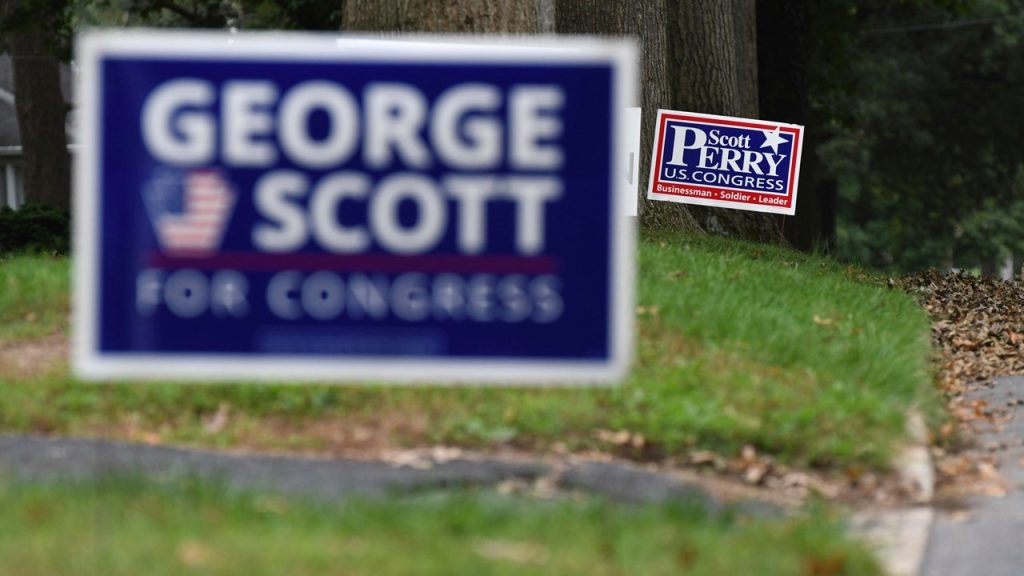A federal appeals court panel has ruled that the small town of Camp Hill Borough in Pennsylvania violated residents’ free speech rights with an ordinance designed to limit political lawn signs. The court found that the ordinance discriminated based on content, regulating noncommercial signs more strictly than commercial or holiday signs. The decision, which upheld a lower court ruling against the borough, deemed the ordinance unconstitutional because it failed to provide a compelling enough reason to restrict free speech rights. The town’s interests in promoting traffic safety and aesthetics were considered legitimate but not sufficient to justify the limitations on signs.
The ordinance in question prohibited residents from displaying more than two “personal expression” signs for more than 60 days before an event, such as an election. Signs could not be lit up, taller than 6 feet, or remain for more than 30 days after the event. The Camp Hill Borough Republican Association and two residents filed a lawsuit challenging the ordinance in 2022, after experiencing restrictions on the number and timing of their political signs. The court’s decision was seen as a victory for free speech and expression, benefiting individuals regardless of their political affiliations.
The ruling by the federal appeals court panel was hailed as a significant victory for constitutional rights by the plaintiffs and their supporters. Chair of the Camp Hill Borough Republican Association, Paul Lewis, praised the decision, emphasizing the importance of protecting freedom of speech and expression. Lewis noted that the decision affirmed the principles of the constitution and applied to all individuals, regardless of their political beliefs. The court’s finding that the ordinance was unconstitutional on its face due to its discrimination against certain messages was considered a strong defense of free speech rights.
In response to the court’s decision, Camp Hill Borough expressed disappointment and concern about the potential implications for municipalities’ ability to regulate signs in pursuit of traffic safety and aesthetics. The borough, which had argued that the ordinance was intended to control the “time, place and manner” of signs, maintained that it had legitimate reasons for imposing restrictions on political lawn signs. Officials indicated that they had not yet decided whether to appeal the ruling. The case highlighted the delicate balance between protecting free speech rights and upholding regulations related to aesthetics and traffic safety in local communities.
The legal battle over the Camp Hill Borough ordinance underscores the complexities involved in regulating signs and other forms of expression in public spaces. The court’s decision to strike down the ordinance based on its discriminatory impact on political speech raised important questions about the constitutionality of such regulations. While the town’s concerns about traffic safety and aesthetics were acknowledged as legitimate, the court ultimately determined that the restrictions placed on political lawn signs were not justified. The case serves as a reminder of the ongoing challenges faced by local governments in balancing various interests while respecting individuals’ constitutional rights to free speech and expression.


